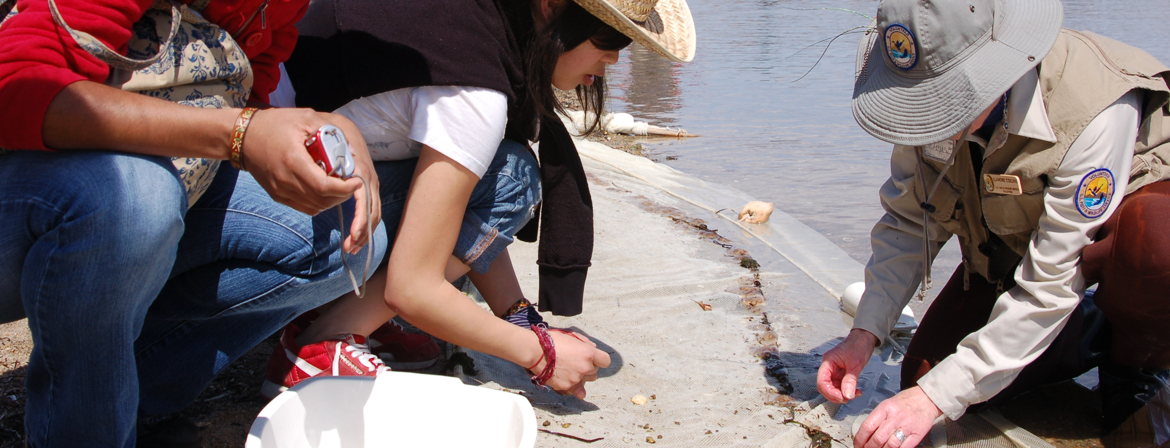The Cognitive and Emotional Components of Behavior Norms in Outdoor Recreation
Heywood, J. (2002). The cognitive and emotional components of behavior norms in outdoor recreation. Leisure Sciences, 24(3-4), 271-281. doi:10.1080/01490400290050727.
Social Norms in Outdoor Recreation: Searching for the Behavior-Condition Link
Heywood, J., & Murdock, W. (2002). Social norms in outdoor recreation: Searching for the behavior-condition link. Leisure Sciences, 24(3-4), 283-295. doi:10.1080/01490400290050745.
Two Challenges to a Moral Extension of the Theory of Planned Behavior: Moral Norms and Just World Beliefs in Conservationism
Kaiser, F., & Scheuthle, H. (2003). Two challenges to a moral extension of the theory of planned behavior: Moral norms and just world beliefs in conservationism. Personality and Individual Differences, 35(5), 1033-1048. doi:10.1016/S0191-8869(02)00316-1.
An Analysis of Intentions to Recycle Household Waste: The Roles of Past Behaviour, Perceived Habit, and Perceived Lack of Facilities
Knussen, C., Yule, F., MacKenzie, J., & Wells, M. (2004). An analysis of intentions to recycle household waste: The roles of past behaviour, perceived habit, and perceived lack of facilities. Journal of Environmental Psychology, 24(2), 237-246. doi:10.1016/j.jenvp.2003.12.001.
What Makes Customers Bring Their Bags or Buy Bags from the Shop?: A Survey of Customers at a Taiwan Hypermarket
Lam, S., & Chen, J. (2006). What Makes Customers Bring Their Bags or Buy Bags from the Shop?: A Survey of Customers at a Taiwan Hypermarket. Environment and Behavior, 38(3), 318-332. doi:10.1177/0013916505278327.
Role of Group Orientation and Descriptive Norms on Water Conservation Attitudes and Behaviors
Lapinski, M., Rimal, R., DeVries, R., & Lee, E. (2007). Role of group orientation and descriptive norms on water conservation attitudes and behaviors. Health Communication, 22(2), 133-142.
Recycling: Planned and Self-expressive Behaviour
Mannetti, L., Pierro, A., & Livi, S. (2004). Recycling: Planned and self-expressive behaviour. Journal of Environmental Psychology, 24(2), 227-236. doi:10.1016/j.jenvp.2004.01.002.
Behavioral Determinants of Household Recycling Participation: The Portuguese Case
Valle, P., Reis, E., Menezes, J., & Rebelo, E. (2004). Behavioral Determinants of Household Recycling Participation: The Portuguese Case. Environment and Behavior, 36(4), 505-540. doi:10.1177/0013916503260892.
On Being Both With Us and Against Us: A Normative Conflict Model of Dissent in Social Groups
Packer, D. (2008). On being both with us and against us: A normative conflict model of dissent in social groups. Personality and Social Psychology Review, 12(1), 50-72. doi:10.1177/1088868307309606.
Moving Toward a Theory of Normative Influences: How Perceived Benefits and Similarity Moderate the Impact of Descriptive Norms on Behaviors
Rimal, R., Lapinski, M., Cook, R., & Real, K. (2005). Moving toward a theory of normative influences: How perceived benefits and similarity moderate the impact of descriptive norms on behaviors. Journal of Health Communication, 10(5), 433-450. doi:10.1080/10810730591009880.



